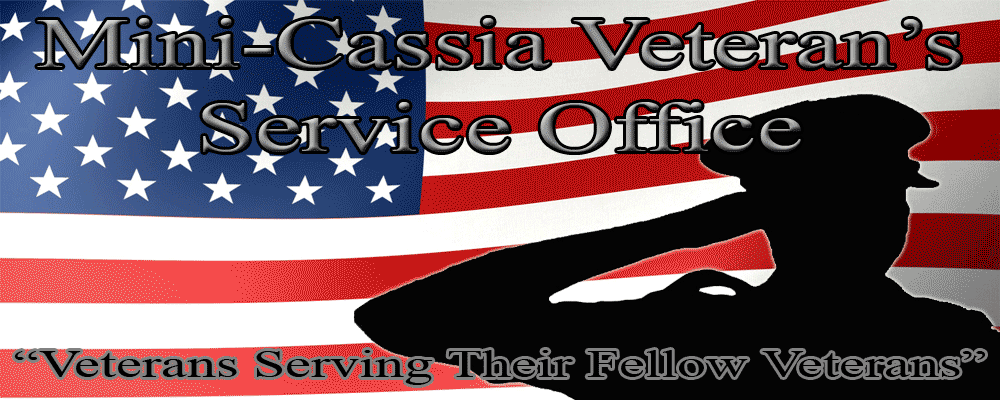VA Healthcare Benefits for Veterans
“Free healthcare for life” This was a promise made to many enlistees by recruiters who wanted them to enlist and were ready to promise them almost anything to be able to sign them up. In fact, this promise was used up until about the year 2000 even though it has always been just a myth with no basis in reality.
The VA does offer healthcare to veterans, but to qualify for it, veterans have to meet certain criteria. First and foremost to qualify for some healthcare, the veteran had to have seen active duty. Reservists and National Guard veterans may qualify for healthcare, but only if their unit was called up for active duty.
Once the active duty criteria has been met, things become more complicated. The VA bases its healthcare on a priority system of eight levels. The priority group to which a veteran is assigned is based on three factors: service-related disability, other disability, and income level. The highest priority is given to veterans who have service-related disabilities—the more severe the disability the higher the veteran will rate on the priority scale. The middle priority levels typically are made up of veterans who have a slight service-related disability or a disability from another cause plus are at a low income level. The veterans on the lowest priority levels will not have a disability or low income level.
The priority level to which the veteran is assigned will determine if he/she qualifies for special services, such as dental care, and the amount of co-pay the VA will expect from the veteran in return for services. If you have VA healthcare, the benefits you receive will be unique to you; however, standard care will include: treatment for illnesses and injuries, preventative screenings and testing, help to improve your capacity to function, and help to improve your quality of life.
If you are a veteran or care for a veteran, you may wish to look into VA healthcare, especially if the veteran is on Medicare. VA healthcare may be a good way to pay for services and supplies, deductibles and co-pays that Medicare does not cover. Some of the healthcare-related services that the VA healthcare may cover that Medicare may not cover are: physical exams and other preventive care, long-term in-home care, and long-term nursing home residential care. VA co-payments and deductibles are generally lower than Medicare’s, especially, on some prescriptions.
If you are a veteran and you wish to find out what VA healthcare benefits are available to you, your first step should be to register with your local Veteran Service Officer who will take down your information and submit it to the VA. The VA will then decide which priority group the veteran qualifies for and what healthcare he is entitled to receive. If you live in either Minidoka County or Cassia County, you should register with Chuck Driscoll, Mini-Cassia VSO, at 625 Fremont Avenue, Rupert. For an appointment, please call 208-678-3599.
There may not be “free healthcare for life” except in the case of veterans who were severely wounded while on active duty, but most veterans who served on active duty may find VA healthcare makes a lot of sense and is a good value.
The VA is committed to providing excellence in all the benefits and services offered to veterans. Partnering with veterans to help them attain their optimum health, assuring that veterans receive benefits they are entitled to, and honoring veterans with a final resting place and lasting memorials that commemorate their service to this Nation – this is the embodiment of the VA mission.
Veterans of the United States Armed Forces may be eligible for a broad range of benefits and services provided by the U.S. Department of Veterans Affairs (VA). These benefits are codified in Title 38 of the United States Code.
Check out some of the benefits veterans and their families may qualify for on this site.
